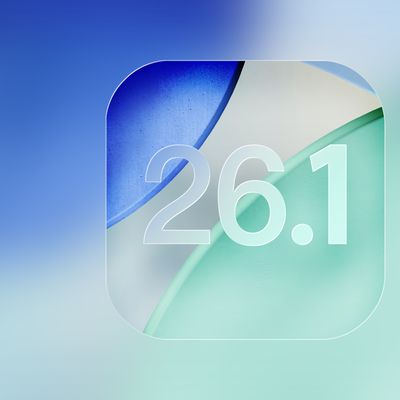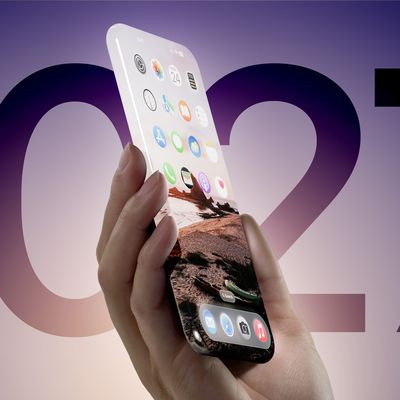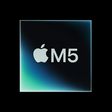Developers Can Now Make Android Apps With Apple's Swift
The first preview release of the Swift SDK for Android was published this week, allowing developers to build Android apps in Swift with official tooling and making it easier to share code across iOS and Android.

The SDK enables Android apps to be built in Swift using officially supported tooling rather than community workarounds. In June, it was announced that Apple's Swift programming language would be officially extended to support Android app development through the establishment of a dedicated Android Working Group within the Swift open-source project.
Android interoperability is handled by swift-java, which can automatically generate bindings between Java and Swift so developers can use Swift code alongside existing Android APIs and Java code. The Swift Package Index now marks packages with Android support and says over 25% of all packages already build on Android, giving developers a base of reusable code.
The Swift SDK for Android is already available in nightly preview form bundled with the Swift for Windows installer or as a separate download for Linux and macOS users. A new Getting Started guide with end-to-end setup instructions and a set of example Android projects written in Swift to illustrate complete workflows is also available.
The group is preparing a vision document to set future priorities and is tracking progress on a public project board.
Popular Stories
In the fourth iOS 26.1 beta, Apple added a "Tinted" option that reduces the translucency of Liquid Glass for those who prefer a more opaque look. I saw some comments wondering whether the setting might preserve battery life, so I thought I'd do some testing.
Test Settings
I did four separate tests using the iPhone 17 Pro Max, and I kept the parameters as similar as possible. Here are the...
Back in 2012, an Apple retail employee named Sam Sung went viral because his name is similar to Samsung, one of Apple's main competitors. In a recent interview with Business Insider, he detailed that period in his life, how Apple responded, and he explained why he ultimately changed his name.
Someone posted an image of Sung's Apple business card on Reddit in 2012, and it spread rapidly....
The upcoming iOS 26.1 update includes a handful of new features and changes for iPhones, including a toggle for changing the appearance of the Liquid Glass design, "slide to stop" for alarms in the Clock app, and more.
iOS 26.1 is currently in beta testing. The update will likely be released in the first half of November, and it is compatible with the iPhone 11 series and newer, but some...
Apple's new iPhone lineup launched in the fall of 2027 will be called the "iPhone 20" models, rather than the "iPhone 19," according to research firm Omdia.
Speaking at a conference in Seoul (via ETNews), Omdia Chief Researcher Heo Moo-yeol corroborated rumors that Apple plans to move the launch of its standard iPhone to the first half of the year and provided some additional clarity about...
Apple is one of several tech companies that will contribute to the construction of U.S. President Donald Trump's 90,000-square-foot ballroom, reports CNN.
Construction began on the ballroom this week, and the White House's east wing was torn down. Trump claims that the ballroom will cost $350 million, and that it will be privately funded through donations. The cost has already increased $150 ...
In select U.S. states, residents can add their driver's license or state ID to the Wallet app on the iPhone and Apple Watch, providing a convenient and contactless way to display proof of identity or age at select airports and businesses, and in select apps.
Starting today, the feature is available to residents of West Virginia. To set it up, open the Wallet app and tap on the plus sign in...
General Motors began phasing out support for CarPlay in its electric vehicles back in 2023, leading to complaints from iPhone users, but the company has no plans to back down.
In fact, GM is going further and plans to remove CarPlay from all future gas vehicles, too. In an interview with The Verge, GM CEO Mary Barra said that the company opted to prioritize its platform for EVs, but the...
Apple is "drastically" cutting production of the iPhone Air and shifting focus toward the iPhone 17 and iPhone 17 Pro models, Nikkei Asia reports.
The business publication claims to have learned of a major cut to iPhone Air production motivated by weaker-than-expected consumer interest, nearly to "end of production levels." Despite early reports of the iPhone Air selling out within hours of...
iPhone Air demand failed to meet Apple's expectations and the company's supply chain is scaling back shipments and production, reports Apple analyst Ming-Chi Kuo.
Subscribe to the MacRumors YouTube channel for more videos.
Suppliers are expected to reduce capacity by more than 80 percent between now and the first quarter of 2026, and some components with longer lead times will be discontinued ...

























